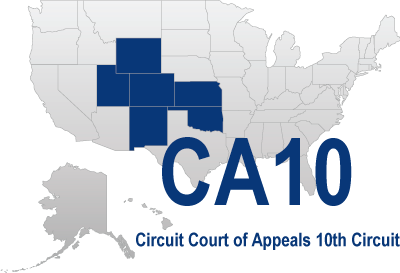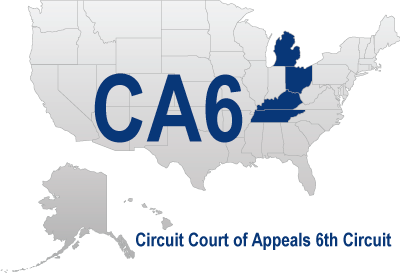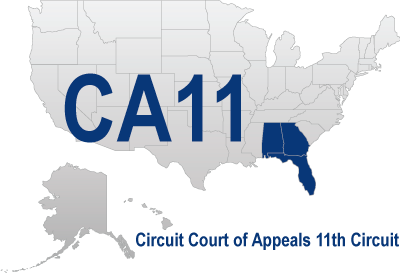Penaloza v. City of Rialto, 2020 U.S. App. LEXIS 38050 (9th Cir. Dec. 7, 2020)
We affirm the denial of qualified immunity as to Officer Jarrod Zirkle (“Zirkle”), Boda’s handler, for the release of Boda onto Goode. Goode was the passenger in a car Zirkle pulled over for an expired registration. The driver initially tried to evade police—leading Zirkle in a chase—but once the car stopped, Goode exited the car and knelt on the ground. Zirkle approached the passenger side of the car with Boda, planning to send Boda into the car to bite the driver, Erick Aguirre. Zirkle feared Aguirre had a gun and began shooting Aguirre, who died at the scene from the gunshot wounds. Zirkle also released Boda, and the dog lunged for Goode and bit her for 28 seconds, resulting in serious damage to her leg. Although Zirkle allege she never intended for Boda to bite Goode, Goode alleges that Zirkle intentionally pushed Boda towards her, and that Boda “target-locked” on her. Because we must view the facts in the light most favorable to Goode, we must assume that Zirkle intentionally released Boda onto Goode. Our precedent clearly establishes that releasing a police dog to bite a person who neither endangers officers nor attempts to flee or resist arrest violates that person’s Fourth Amendment right to be free from unreasonable seizure. See Watkins v. City of Oakland, 145 F.3d 1087, 1093(9th Cir. 1998) (allowing dog to bite suspect for “excessive duration” violated clearly established law); Mendoza v.
4Block, 27 F.3d 1357, 1362 (9th Cir. 1994) (observing that “excessive force has been used when a deputy sics a canine on a handcuffed arrestee who has fully surrendered and is completely under control”).



